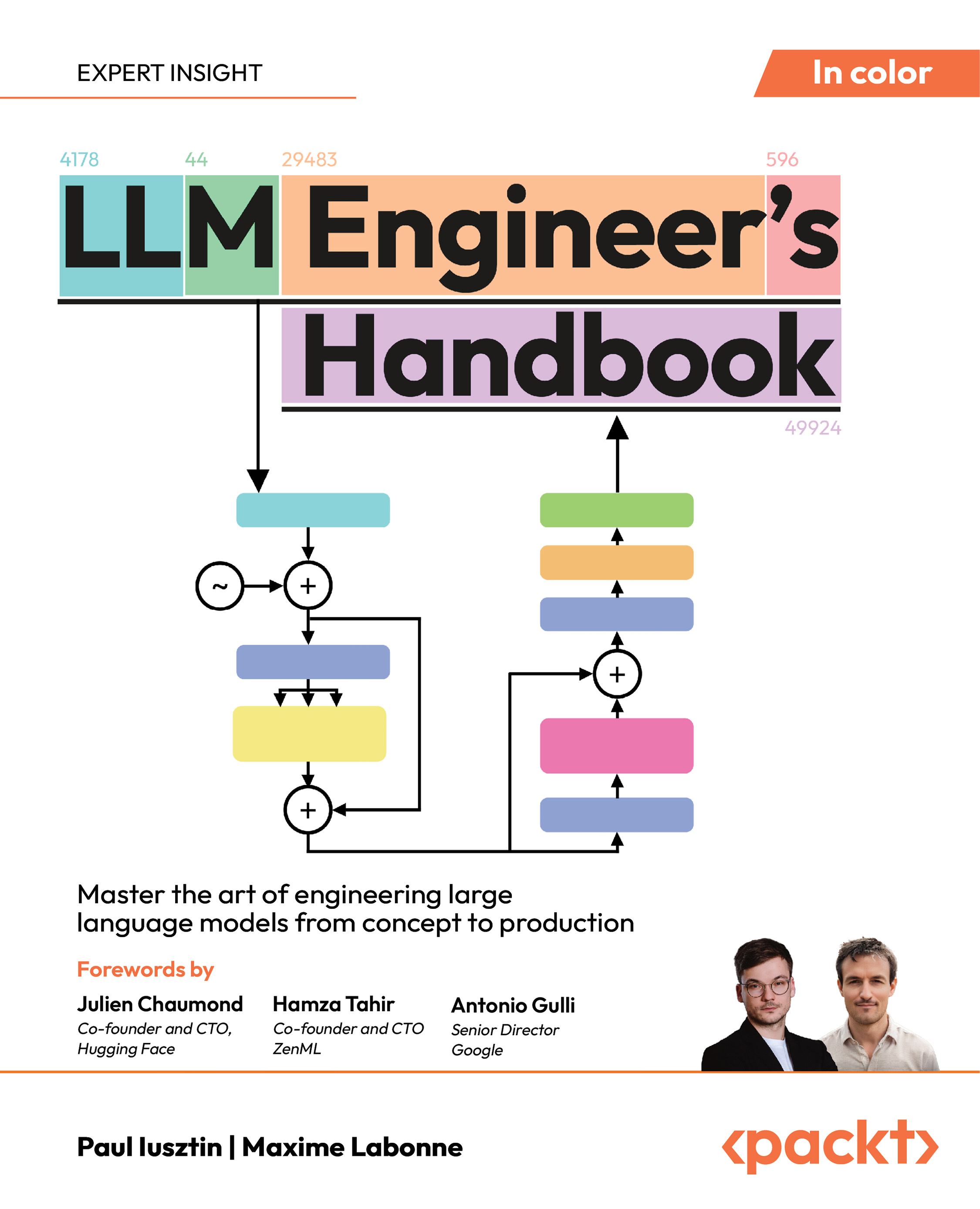Lets get started.
Moodle's PreDefined Roles
Moodle comes with a number of predefined roles. These standard roles are suitable for some educational setups, but most institutions require modifications to the roles' system in order to tailor Moodle to their specific needs.
Each role has permissions for a number of actions that can be carried out in Moodle. For example, an administrator and a course creator are able to create new courses, whereas all other roles are denied this right. Likewise, a teacher is allowed to moderate forums, whereas students are only allowed to contribute to them. Before we can actually do anything with roles, we need to understand the concept of contexts, which is dealt with next.
Unlock access to the largest independent learning library in Tech for FREE!
Get unlimited access to 7500+ expert-authored eBooks and video courses covering every tech area you can think of.
Renews at €14.99/month. Cancel anytime
Contexts
Contexts are the areas in Moodle where roles can be assigned to users. A role can be assigned within different contexts. A user has a role in any given context, where a context can be a course, an activity module, a user, a block, or Moodle itself. Moodle comes with the following seven contexts that you will come across a lot in this article.
 United States
United States
 Great Britain
Great Britain
 India
India
 Germany
Germany
 France
France
 Canada
Canada
 Russia
Russia
 Spain
Spain
 Brazil
Brazil
 Australia
Australia
 South Africa
South Africa
 Thailand
Thailand
 Ukraine
Ukraine
 Switzerland
Switzerland
 Slovakia
Slovakia
 Luxembourg
Luxembourg
 Hungary
Hungary
 Romania
Romania
 Denmark
Denmark
 Ireland
Ireland
 Estonia
Estonia
 Belgium
Belgium
 Italy
Italy
 Finland
Finland
 Cyprus
Cyprus
 Lithuania
Lithuania
 Latvia
Latvia
 Malta
Malta
 Netherlands
Netherlands
 Portugal
Portugal
 Slovenia
Slovenia
 Sweden
Sweden
 Argentina
Argentina
 Colombia
Colombia
 Ecuador
Ecuador
 Indonesia
Indonesia
 Mexico
Mexico
 New Zealand
New Zealand
 Norway
Norway
 South Korea
South Korea
 Taiwan
Taiwan
 Turkey
Turkey
 Czechia
Czechia
 Austria
Austria
 Greece
Greece
 Isle of Man
Isle of Man
 Bulgaria
Bulgaria
 Japan
Japan
 Philippines
Philippines
 Poland
Poland
 Singapore
Singapore
 Egypt
Egypt
 Chile
Chile
 Malaysia
Malaysia














